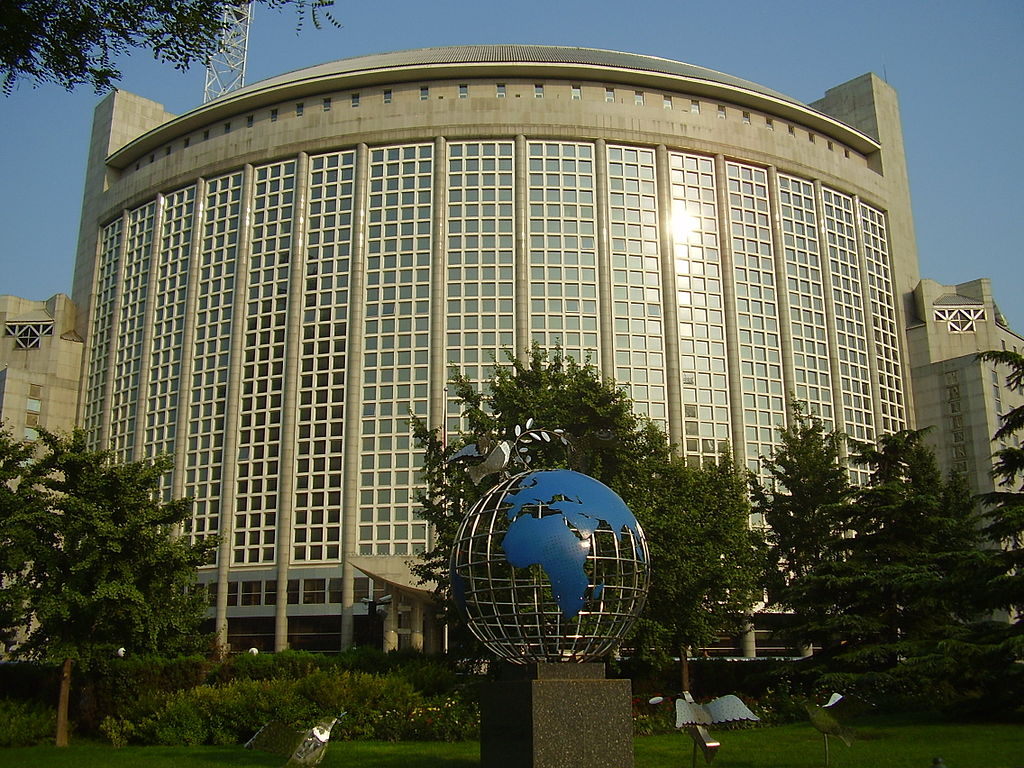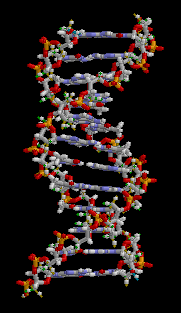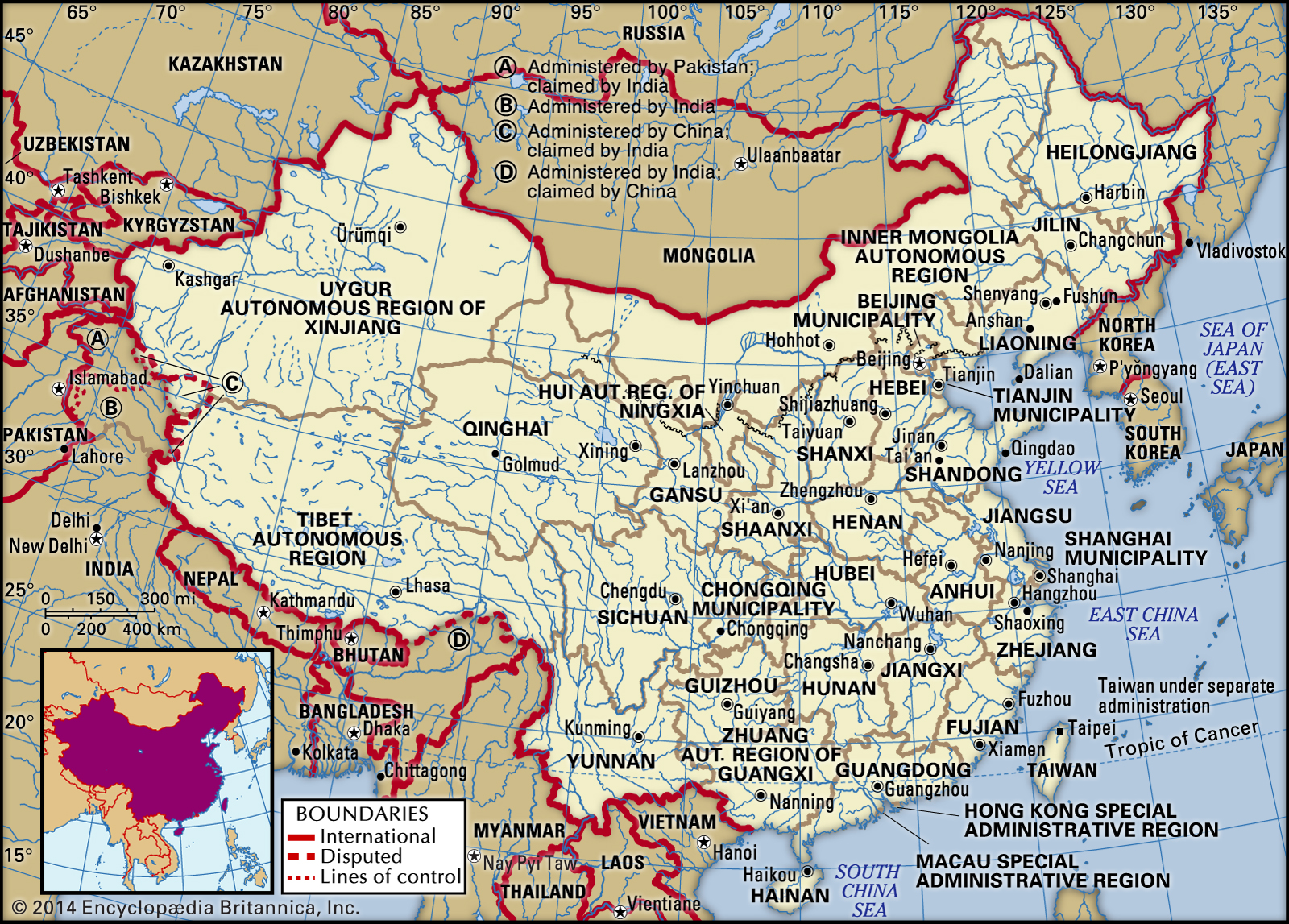Advancements in genetic engineering and biotechnology have seen incredible levels of utilization in medicine, yet also frightening implications in as far as military affairs are concerned in recent years.
In a shocking new discovery too, China’s largest biotech company BGI Group (Beijing Genomics Institute) has now been found to share strong ties with the People’s Liberation Army (PLA).
At the fulcrum of these ties, the company has been named as having “evident links” to the Chinese government.
Tracing back the company’s history, BGI was formed in 1999 to participate in the Human Genome Project, which grew from a research institute that decoded the DNA of pandas and rice plants, to an institute active in animal cloning, health testing, and contract research.
In association with the PLA, the BGI Group has been working on a number of projects including genetic research that would benefit soldiers in border zones.
Since the company has an opaque structure, it is difficult, if not impossible, for outsiders to grasp the extent of their operations, finances, and ownership, but the history of the projects undertaken by BGI clearly shows an eagerness to pursue anything as long as it vaguely involves DNA.
It is worth noting that this is not the first incident whereby BGI has attracted the eye of a suspicious public.
It has been part of criticism and controversies previously on a number of occasions – in 2019, there were allegations raised of genetic surveillance in Xinjiang and also human rights abuses, and in 2020, it was accused of delivering faulty COVID-19 kits to Sweden.

Contrary to the reports and established links, BGI has vehemently declined any links with the PLA – and has said that collaboration with military researchers was for academic purposes only.
It is understood that top U.S. security officials alerted American Labs about Chinese tests due to concerns China was seeking to gather foreign genetic data for its own research.
A tech industry panel chaired by former Google Chief Executive Eric Schmidt, raised flags in October of 2020, about China’s increasing financial aid for its biotechnology sector, and the PLA’s interest in potential military applications.
In response, China’s Foreign Ministry has said that the U.S. is deliberately misconstruing China’s military-civil fusion policy in order to smear its reputation.

Moreover, the recent findings have made it clear that President Xi Jinping intends to integrate private technology companies into military-related organisations.
China’s military has never been known for its advanced medical research, but since around 2005, the PLA can be seen investing heavily in the recruiting of scientists as a part of its strategy to modernize its military.
It has already reaped the fruits of its labors when the world witnessed the PLA’s growing expertise in medical research and how it played a role in the development of the coronavirus vaccine – the first in the world to be approved for restricted use.
Alongside its more conventional branches, i.e. the Army, Navy and Air Force, the PLA established cyber and space warfare branches in 2016.
A Science and Technology Commission also became one of 15 newly formed military ‘sections’.
From a fairly primitive and undeveloped military in the 80’s, the PLA has now developed into a technologically advanced indomitable military.
The PLA’s passionate interest in advances in biology is evident from the extensive and evolving literature by Chinese military scholars and scientists which emphasize the impact of biology on future warfare, arguing in the process that biotechnology will become the new “strategic commanding heights” of national defence.
The Central Military Commission, since 2016, has funded strategically diversified projects on military brain science, biological and biomimetic materials, advanced biomimetic systems, human performance enhancement, and “new concept” biotechnology.
The military of other states also indulge themselves in medical research, but considering the size of PLA and the pace at which it is conducting noteworthy scientific transformations, it is an alarming situation for many, especially given the growing political tensions in the region and with the wider world.
Foreign Governments are legitimately concerned about the growing impact of the PLA on medical research.

The US Justice Department now famously charged two Chinese nationals in July of last year for snooping on three US-based companies working in medical research.
Even the administration of President Joe Biden, expected by many to be sympathetic to China before taking the White House, has expressed a willingness to maintain a continued tough approach in response to what they see as ever increasing threats from Beijing on the biotech front.













Comments are closed.